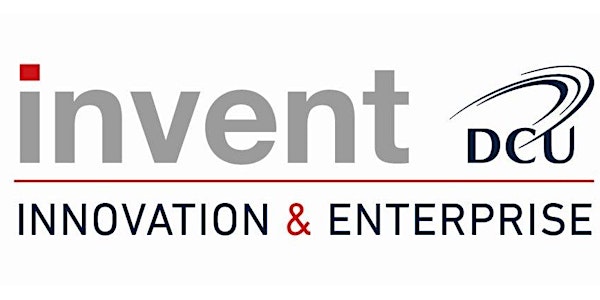
R&D Tax Credits
Date and time
Location
Description
R&D Tax Credits
Getting the best bang for your buck!
Invent DCU
14th April 2016
10 – 11am
This seminar gives a comprehensive guide to the mechanics of the R&D Tax Credit system. Any company that is developing a new product that involves some form of experimentation, or is doing existing things in a new way should consider the opportunity to claim the credit. The credit can yield significant cash flow and cost benefits to companies where the tax credit claim is optimised.
The credit may be used in a number of different ways:
●Offset against the current year corporation tax liability
●Offset against the previous year corporation tax liability
●Carried forward against future years corporation tax liabilities, or
●More importantly refunded to the company
While the fiscal policy suggests that the R&D Tax Credit is here to stay, a degree of control and structure is of course required. The Revenue Commissioners are challenged with policing this tax incentive and ensuring a level playing field for all. From our experiences, the Revenues approach to R&D reviews and audits is twofold. In the first instance, claims are subjected to a science test, based on technological advancements and uncertainties. The second test, the financial test relates to the amount of expenditures claimed by companies. The Revenue Commissioners have intensified their audits in relation to R&D tax credits. In order to successfully defend the claim, companies should have appropriate documentation and procedures in place. This seminar outlines what you will need in the first instance to apply for the credits and secondly what is needed in order to successfully substantiate the claim if audited by the Revenue Commissioners.
Speakers:
Gerry Vahey is partner in charge of the R&D Tax Practice which has assisted in helping a wide range of companies, from start-up companies getting their feet off the ground to multi-national companies with extensive business experience, over the past number of years. Since joining the firm in 1997 Gerry has worked with a broad portfolio of clients, operating in a number of different environments. Gerry deals with a large number of corporate tax clients and has responsibility to ensure that these clients’ corporate tax affairs are dealt with promptly and efficiently. He has extensive experience in R&D tax credits, corporate finance and corporate restructuring, maximising shareholder wealth on purchases and sales of companies and also advising clients in relation to Revenue Audits. In addition he advises numerous clients on the most appropriate way to structure their ownership of intellectual property in a tax efficient manner.
Dr. James Kennedy has been appointed Manager in Mazars’ Research and Development Tax Credit Group. James previously worked at Athlone Institute of Technology, where he lectured in the school of Engineering and was Director and Senior Research Fellow of a R&D Centre specialising in MedTech, Pharma, Engineering and Additive Manufacturing. He has overseen the successful completion of over 1300 industry projects, whilst securing over €5 million in funding from various sources i.e. SFI, EI, EU and private enterprise. A qualified Chartered Engineer, James was also an IOTI policy advisor for UASnet and an IOTI representative for Research Prioritisation. He is also the European COST Irish representative for the improved protection of medical devices against infection. James is a member of the Board of the European Medical Polymers Division of the Society of Plastic Engineers and a founding member and steering and working group member of Metric Ireland. James is also a Science Foundation Ireland Principle Investigator and has published over 100 peer review journals, book chapters and conference proceedings. James is responsible for advising clients on Research and Development tax and scientific issues, analysing organisations and maximising their R&D potential and tax benefit.